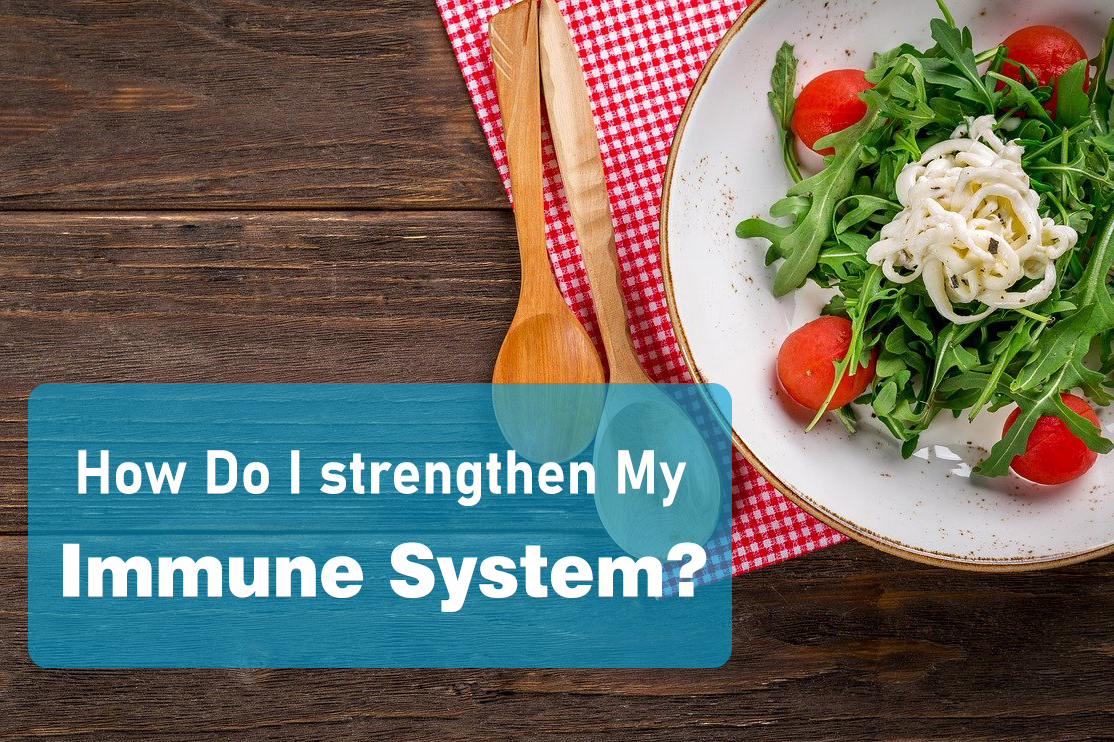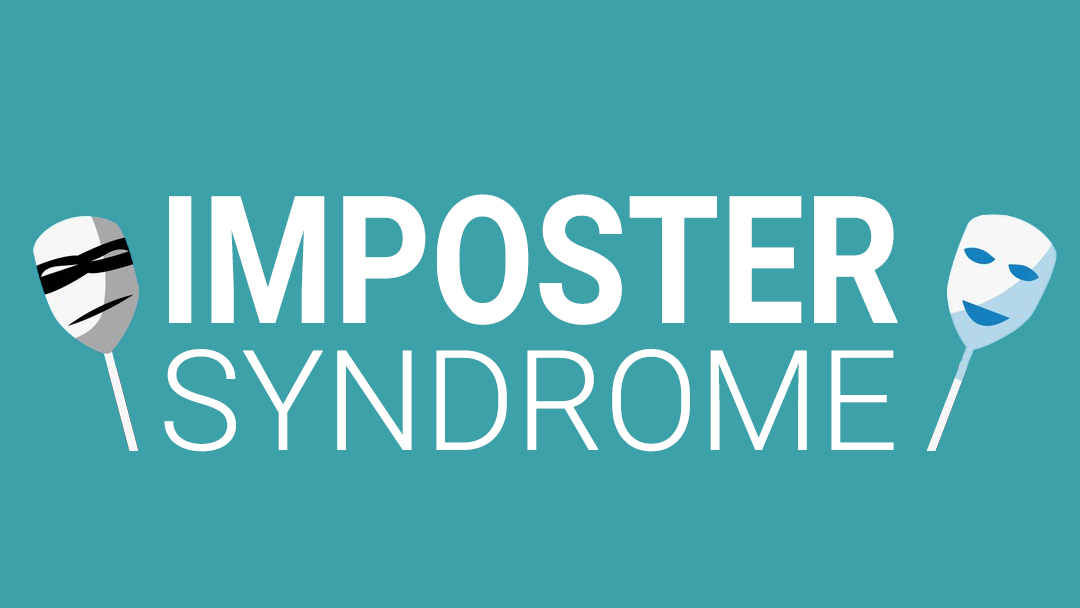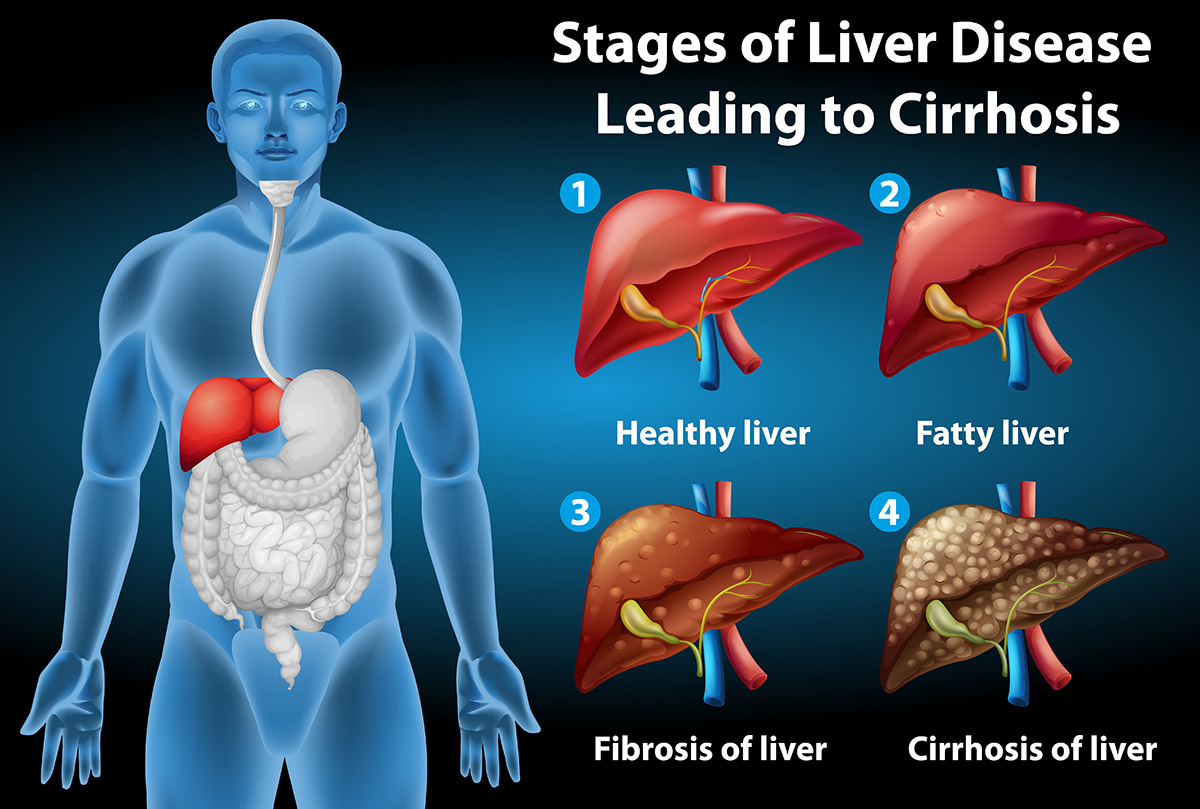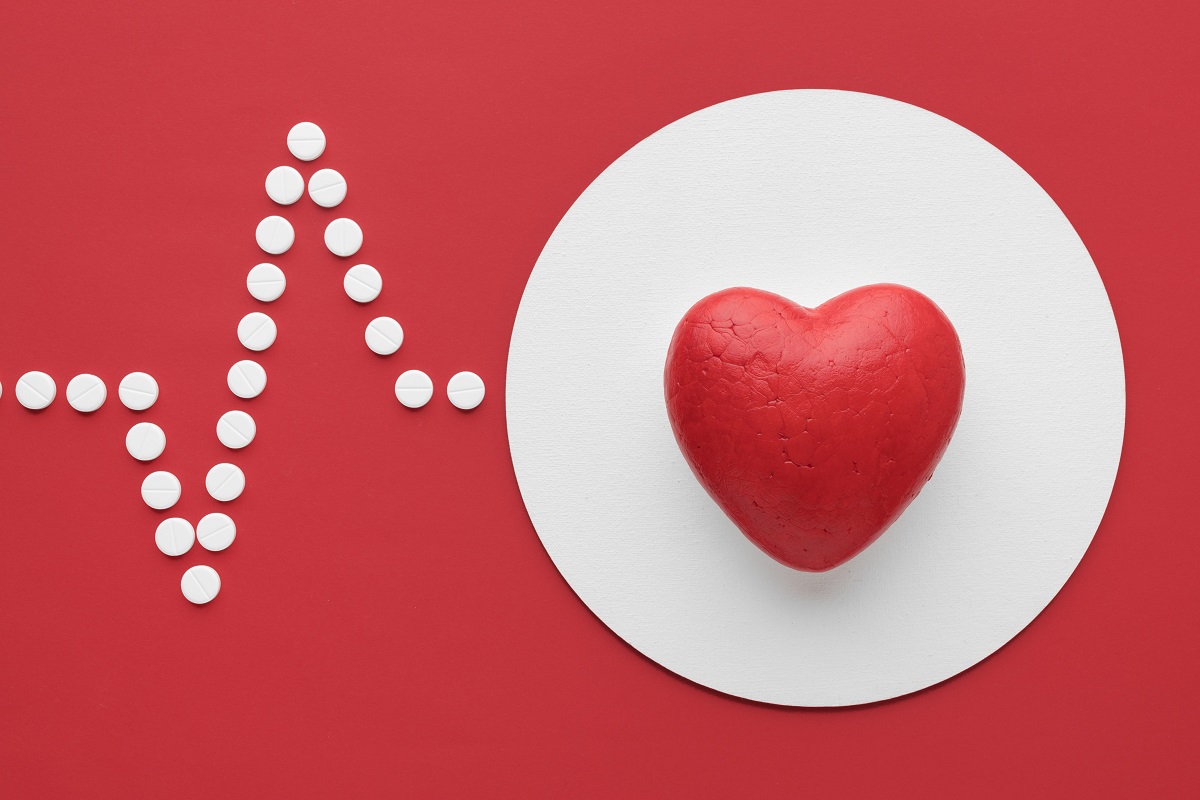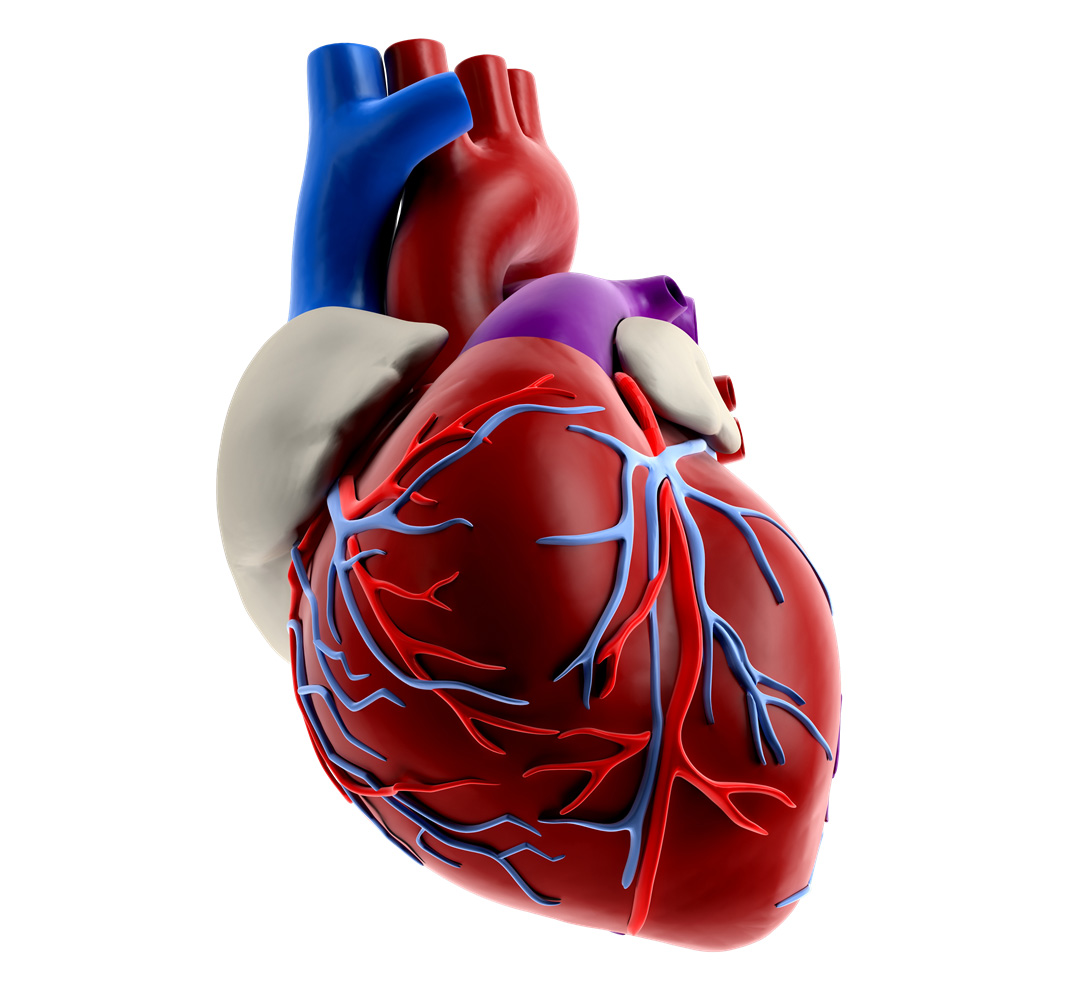- Stress management. Stress and anxiety management is number one on the list for boosting your immunity. Chronic stress promotes inflammation and can hinder your immune response. Other articles on this website offer more information on this. Activities to help manage your stress and anxiety include meditation, exercise, getting enough sleep and eating right.
- Eating Right. What is eating right? Eating more whole foods that came from the earth with no added ingredients. Eating more vegetables, fruit, nuts and seeds. For those of you who are carnivores, try a couple of meat free days a week and go for grass fed beef and free range chicken.
- Eat less junk food and processed food. Yes, we all like our comfort food snacks, like ice cream and potato chips. Read the labels and be aware of the chemicals you are putting in your body. Stay away from the packaged foods with unpronounceable ingredients. Your body won’t be able to digest it and may have trouble expelling it from your body.
- Eat more healthy fats. Yes, that’s right, there are fats that are healthy for you, like extra virgin olive oil, cold pressed coconut oil, omega-3 fatty acids found in salmon are all anti-inflammatory and can help boost your immune system.
- Limit your added sugar. Natural sugars in fruits and vegetables are good for you. Added sugars are usually not so good for you. Most added sugars are highly processed and bleached and so totally changed with chemicals your body doesn’t recognize it as food anymore and has a hard time getting it out of your body. Added sugar increases inflammation and decreases immune function. It can also make you obese and diabetic.
- Drink plenty of water. While hydration itself doesn’t do much for immunity, it can increase the performance of all body functions. For many people thirst is mistaken for hunger, so have a glass of water before you have a snack or a meal. Make sure to stay hydrated on a hot summer day or when exercising. Dehydration can cause headaches, decreased focus and concentration, and can cause constipation. Severe dehydration can put you in a hospital bed.
- Include prebiotics and probiotics in your diet. Prebiotics are a type fibre that the microflora in your gut love to gorge on. It helps to grow the good bugs in your gut that help keep us healthy. Probiotics are foods that have been fermented and are rich in healthy bacteria that populate our guts. Yogurt, sauerkraut, kefir, buttermilk all have good bacteria in them. More recent science indicates the healthier our guts are the stronger our immune system is.
- Exercise. How often have you been told exercise is good for your health? Well, it really is. It doesn’t take a lot of exercise. In fact, intense exercise over a prolonged period can actually impair your immunity. 20 to 30 minutes a day brisk enough to get your heart rate and respiratory rate up above your normal makes a big difference in your health and your immune function.
- Supplements. Do your research. Talk to your pharmacist if you take any prescribed medication. Your pharmacist knows about any possible interactions between medications and any supplements you take. Most supplements are safe, but do your research.
For a start: vitamin D - most of us in the colder climates need extra vitamin D. Vitamin D is easier absorbed when taken with fat and magnesium so take with a meal that includes fat and vegetables.
Vitamin C is necessary to our health. Even when you eat lots of fruit and vegetables you can still supplement with vitamin C.
Zinc can help reduce infection and colds. Elderberry can also reduce symptoms and length of colds and respiratory infections. You can also consider: Garlic, Turmeric, Black seed oil.
- Sleep. Sleep is The Most Important Component of any health regimen. Most people don’t think of it as contributing to their health unless they are in lack of sleep. Sleep helps our brains function. Have you ever felt foggy headed when you haven’t gotten a good nights sleep? Same thing happens to the rest of your body, too. We don’t get the cell regeneration and overall healing when we don’t get the sleep we need. Cells tend to replenish themselves when we sleep. Stress and the stress hormones level out when we sleep. Inflammation slows when we sleep. Disease progression slows when we sleep. Every system in our body has it’s own body clock. When our sleep gets messed up so do the clocks inside our cells. Most adults need 6 to 9 hours a night. Teens should be getting up to 10 hours and school age children up to 11 hours a night. For a restful sleep it needs to be good quality sleep.
As sleep is such an important part of mental and physical health I will follow up with a more comprehensive article on sleep.
For any supplements, I can help you with your research. I do not prescribe or personally recommend any particular type or brand of supplements.

